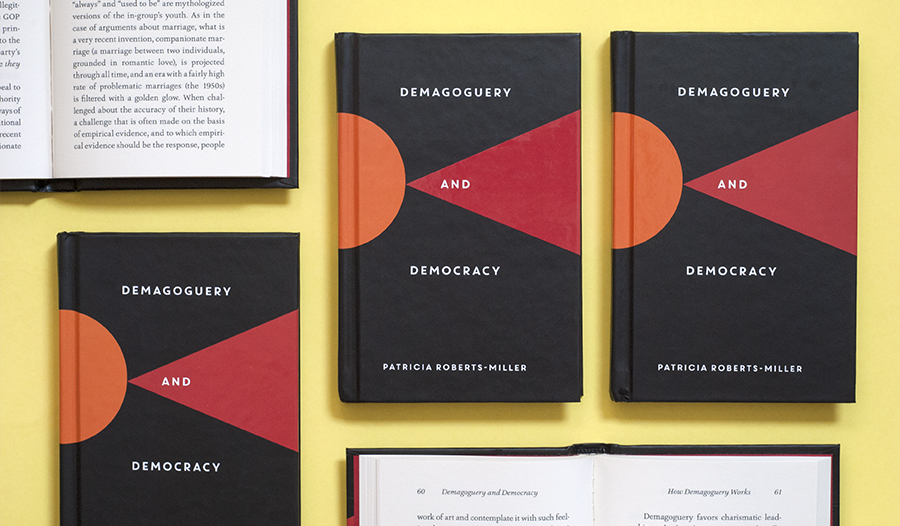
As often happens with big controversies, the version that gets tossed around is a stark binary with absurdly un-subtle positions, and that’s what’s happened with the new versions of many of Roald Dahl’s books. No one is talking about burning every copy of the “original” version (which, keep in mind, went through a process of editing—that is, an editor telling Dahl to make changes, some of them having to do with racism).
People (some of whom are authors, and really should know better) are saying that you can’t change an author’s words, or that you never should. That’s what editors get paid to do. Sometimes editors suggest changes to make a book more appropriate to an audience (cite more, cite less, make the language less/more formal); sometimes the changes come about because a person is using language that will probably get a reaction the author doesn’t intend (for instance, when I was told by an editor not to use the word “taint” in a book that college students would read).
When an author is alive, they can object to the changes, and say they’d rather not have the piece published at all, or get a different publisher, or say they’re fine with any controversy or misreadings that might happen. It’s a different situation when the author is dead, and can’t authorize a new edition, and that’s the situation here. So, just to be clear: it isn’t as though we’re suddenly in a new world in which <clutch pearls> authors are, for the first time ever, having work edited.
And it’s the job of publishers to make money; if they believe that out-dated language is hurting sales, you can bet they’ll update it. There are and have been for years more accessible versions of Shakespeare (wth do people think West Side Story is?)—in the 19th century, it was de rigueur to have what was called “the water scene” in Hamlet (where Hamlet jumped into the water—sometimes on a horse—in order to keep Ophelia from drowning). I don’t think there’s been a single movie version of any Shakespeare that has the entire “unchanged” script from the original play (including the Macbeth of Coen or Welles ).
I mention Coen and Welles because I think both of them tried particularly hard to stay with Shakespeare’s intention, and believed—correctly, I think—that the changes they made were necessary for the play to have the impact for a current audience that Shakespeare originally intended. That’s one way of updating–through editing (or “changing”) a text–try to keep the author’s intention and change the text.
Some ways involve ignoring intention. There are plenty of versions of Merchant of Venice that make Shylock sympathetic—was that Shakespeare’s intention? Maybe, but quite possibly not, and directors don’t spend a lot of time worrying about the issue. Taming of a Shrew, similarly, is often performed with an interpretation that may or may not have been what Shakespeare intended. And, if, for instance, we found some document that made absolutely clear that Shakespeare intended for Shylock to be a greedy, Christian-hating villain, and intended him to represent all Jews, people would either stop performing the play, or they’d ignore his intention.
The publisher of Dahl’s books—who has announced they have the old and new versions available (and, by the way, used books are always an option)—made several kinds of changes. You can see them here. They’ve made an effort to remove language that is ableist, racist, sexist, fat-shaming (which, apparently, particularly has some readers clutching their pearls), in order to make the books more accessible. From the article:
“Scott Evans has been a primary school teacher for eight years and works at a school in South Wales, near Cardiff, where Dahl grew up. He runs a website, The Reader Teacher, and has worked as a sensitivity reader. “I understand the arguments some say about censorship and diminishing the author’s voice,” he says. “However, after recently re-reading some children’s books by Dahl, some language stood out as offensive while other terms have become outdated over time. Here, sensitivity readers can make suggested adaptations to make them more accessible to children.”
Personally, I don’t think the editors did a great job of the project, and I think it’s completely worth arguing about the specific changes, what they do, don’t do, and what changes would be better. That’s an argument worth having.
But, the fact is that Dahl was writing at a point when no one cared about shaming kids who were different, stigmatizing mental illness, and so on. I doubt it was Dahl’s intention to be hurtful—I suspect he just didn’t think about it–but the books are hurtful. To assume that removing some of the hurt necessarily violates his intention is saying he intended to promote racism, ableism, and so on, that he intended to hurt children. That doesn’t seem like much of a defense to me.
